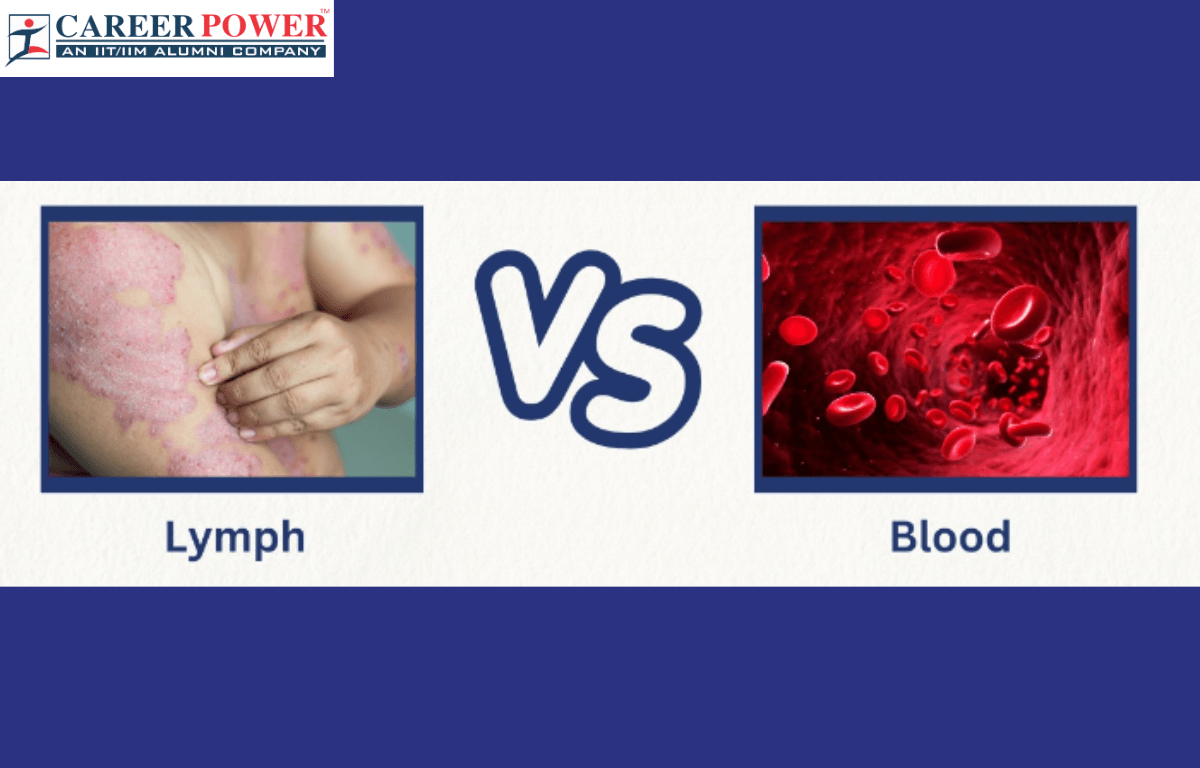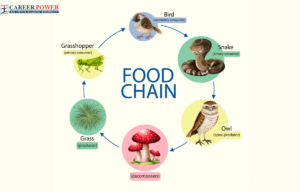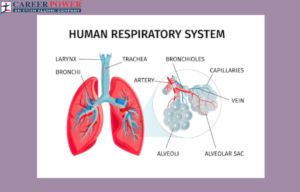The human body contains two distinct fluids namely: Blood and Lymph. These two fluids serve distinct but vital functions in the body, with blood being essential for systemic transport and immunity, It contains red blood cells, white blood cells, plasma, and platelets. Lymph, on the other hand, is a colorless, watery fluid that is similar in composition to blood plasma but lacks red blood cells. They both are a very important part of Biology.
Define Blood and Lymph
Blood and Lymph are two vital components of the circulatory system in the human body. Both blood and lymph are indispensable to human health. Blood is responsible for transportation and clotting, while lymph aids in immune defense and waste removal. Together, they ensure the body’s proper functioning and protection against various threats.
Blood
Blood is a complex fluid that primarily consists of three main components: Red blood cells (Erythrocytes), White blood cells (Leukocytes), and Platelets (Thrombocytes). Blood is composed of red blood cells (erythrocytes), white blood cells (leukocytes), platelets (thrombocytes), and plasma. Red blood cells are responsible for oxygen transport, white blood cells for immune responses, and platelets for blood clotting. Blood serves several critical functions.

The blood transports oxygen and nutrients to cells while removing waste products like carbon dioxide. It also plays a key role in immune defense and maintaining homeostasis. Without blood, the body cannot function properly. It’s responsible for delivering essential substances to all tissues and organs, and its clotting ability prevents excessive bleeding.
Lymph
Lymph is a colorless fluid that circulates throughout the lymphatic system, which is an integral part of the immune system. It carries immune cells, such as lymphocytes, and helps filter and remove waste, toxins, and pathogens from the body. Lymph contains immune cells like lymphocytes, antibodies, and lymphatic fluid. It flows through a network of lymphatic vessels and nodes. The lymphatic system plays a crucial role in defending the body against infections and diseases. It also helps maintain fluid balance by returning excess tissue fluid to the bloodstream.
Difference Between Blood and Lymph
Blood and Lymph are two distinct fluids in the human body with different functions and compositions. Blood is responsible for oxygen transport, nutrient delivery, and immune responses, while lymph plays a crucial role in the immune system by carrying immune cells and helping to filter out pathogens.
| Difference Between Blood and Lymph | ||
| Characteristics | Blood | Lymph |
| Composition | The blood is composed of Red blood cells, White blood cells, Platelets, and Plasma. | The lymph is composed of White blood cells, Lymphocytes, and a small amount of plasma. |
| Primary Function | The primary function of the blood is oxygen and nutrient transport, waste removal, immune response, and clotting. | The primary function of the lymph is immune support, white blood cell transport, and removal of pathogens. |
| Circulation | Closed system in blood vessels (arteries, veins, and capillaries). | Lymphatic vessels (separate from blood vessels) with one-way flow. |
| Color and Consistency | The blood is red, thicker, and more viscous. | The lymph is clear or slightly yellow, thinner, and watery. |
| Transport Medium | Blood transports oxygen, nutrients, hormones, and waste material. | Lymph transports white blood cells (WBCs), antibodies, and cellular waste. |
| Present of RBCs | Blood contains Red blood cells (RBSs), as these RBCs give blood its red color. | Red blood cells are absent in lymph, due to which the color of the lymph is clear or slightly yellow. |
| Platelets | Platelets are present in the blood which are important for blood clotting. | Platelets are absent in lymph. |
| Clotting | Blood is involved in blood clotting and wound healing. | Lymph is not involved in clotting. |
| Waste Removal | Blood removes metabolic waste, like carbon dioxide and urea. | Lymph has minimal involvement in waste removal. |
| Oxygen Transport | Carries oxygen bound to hemoglobin in red blood cells. | The Lymph does not carry oxygen. |
| Plasma | Blood contains a significant amount of plasma, which carries proteins and electrolytes. | The Lymph contains a small amount of plasma, primarily for immune function. |
| Circulation Speed | Blood circulates more quickly. | Lymph circulates at a slow speed. |
| Source | The blood is produced in the bone marrow. | Lymph is derived from interstitial fluid and returned to the bloodstream. |
| Immune Function | Blood is involved in immune responses through white blood cells | Part of the lymphatic system is actively involved in immune defense. |
| Pathogen Filtration | None specifically for filtration. | Lymph nodes filter pathogens and cellular debris. |
Functions of Blood
Blood performs several crucial functions in the human body. Here we have discussed some of the functions of blood that illustrate the vital role of blood in maintaining hemoglobin and supporting various bodily processes necessary for survival and overall health.
- Oxygen Transport: Blood carries oxygen from the lungs to cells throughout the body. Hemoglobin in red blood cells binds to oxygen in the lungs and releases it where it’s needed.
- Nutrient Transport: Blood transports nutrients, such as glucose, amino acids, and fatty acids, absorbed from the digestive system to cells for energy and growth.
- Waste Removal: It carries metabolic waste products like carbon dioxide and urea away from cells to be eliminated by the lungs and kidneys.
- Hormone Transport: Hormones produced by glands like the thyroid, pancreas, and adrenal glands are carried by the blood to target organs to regulate various physiological processes.
- Buffering: Blood contains chemical buffers that help stabilize the pH of body fluids, preventing rapid changes in acidity.
- Transport of gases: Besides oxygen and carbon dioxide, blood also transports other gases like nitrogen and argon, albeit in smaller quantities.
Functions of Lymph
The lymphatic system is a vital part of the immune system, fluid balance regulation, and nutrient transport in the body. It helps protect against infections, prevents edema, and supports overall health. Lymph serves several important functions in the body:
- Immune System Supports: Lymph contains white blood cells, particularly lymphocytes, which play a crucial role in the immune system. Lymph nodes, which are part of the lymphatic system, filter and trap pathogens (such as bacteria and viruses) and activate immune responses to defend the body against infections.
- Fluid Balance: The lymphatic vessels help in maintaining fluid balance in the body. They collect excess interstitial fluid (fluid that surrounds cells) and return it to the bloodstream. This helps prevent tissue swelling (edema).
- Cancer Surveillance: Lymph nodes can detect and trap cancer cells that may have spread from tumors. This can be important for cancer diagnosis and staging.
- Maintaining Blood Volume: By returning excess interstitial fluid and proteins to the bloodstream, the lymphatic system helps maintain blood volume and pressure.
- Absorption of Fat-Soluble Vitamins: The lymphatic system plays a role in the absorption of fat-soluble Vitamins (A, D, E, and K) from the digestive tract.



 50 Vegetables Name for Kids in English a...
50 Vegetables Name for Kids in English a...
 Food Chain: Definition, Types, Examples,...
Food Chain: Definition, Types, Examples,...
 Human Respiratory System: Definition, Di...
Human Respiratory System: Definition, Di...













